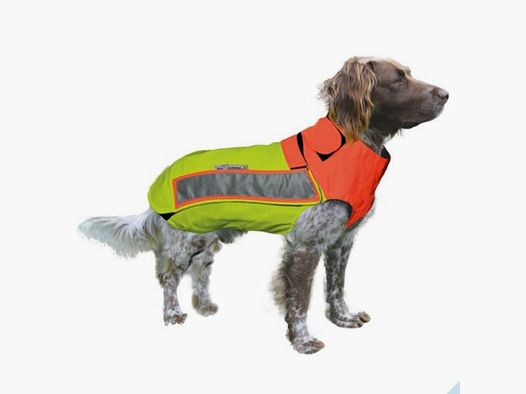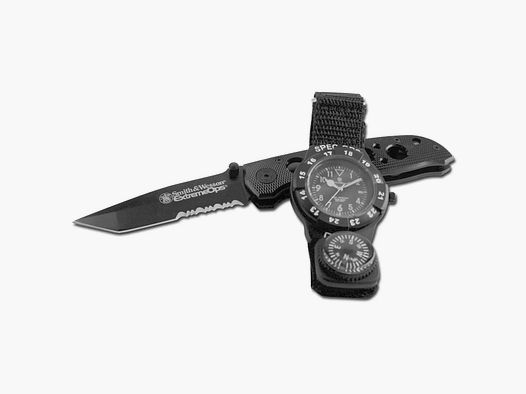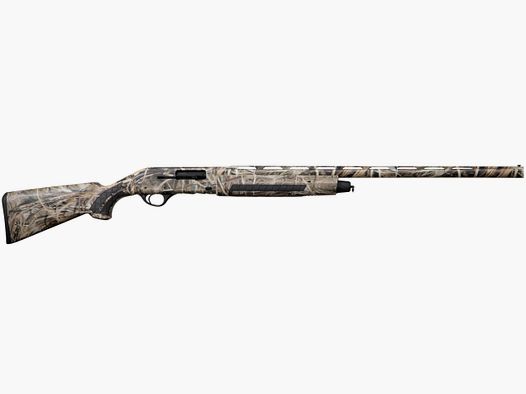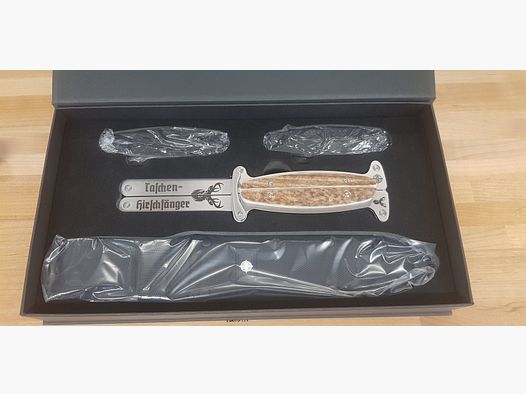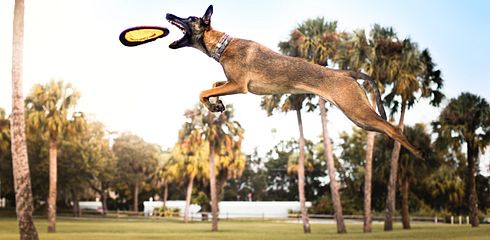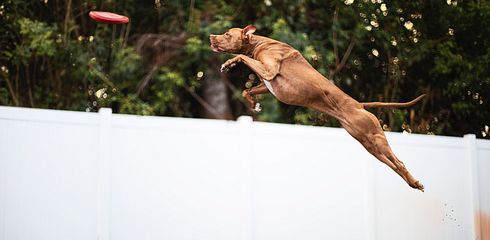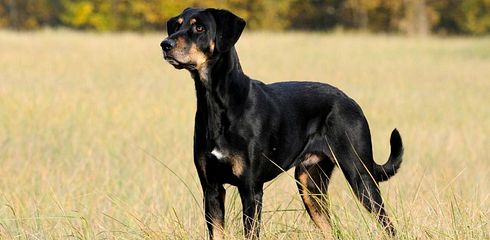The breeding of hunting dogs in Germany may be at a turning point. Due to the amendment of the Animal Welfare Act and the Animal Welfare Dog Ordinance, certain dog breeds, including traditional hunting breeds such as the Dachshund, Beagle, and German Shepherd, may soon no longer be bred. This is feared by the Association for the German Dog Breeding (VDH), Germany's largest umbrella organization for dog breeders.
What is in the new law?
The Animal Welfare Act, proposed by Federal Minister of Agriculture Cem Özdemir, aims to prevent so-called "suffering breeds." Suffering breeds are breeds where health problems due to genetic defects or anatomical features occur frequently. The current legislation stipulates that dogs with certain genetic traits deemed harmful to health may no longer be bred or exhibited.
According to the VDH, this applies not only to sick animals but also to many healthy hunting dogs, whose body structure could be classified as problematic by the legislation. A particularly controversial regulation is the definition of skeletal anomalies classified as suffering breed characteristics. This includes short legs, a feature that characterizes many hunting dogs such as Dachshunds and Corgis(dachshund breeding).
Is the end of the Dachshund looming?
The Dachshund, one of the most well-known hunting dog breeds in Germany, could be particularly affected by the planned changes. According to a study cited in the guidelines for the Animal Welfare Dog Ordinance, 99 percent of all Dachshunds carry a genetic trait classified as an anomaly. Other popular hunting dogs such as the Beagle and Cocker Spaniel also show alarming numbers in the study. These traits could lead to these dogs being prohibited from being exhibited or bred in the future(dachshund breeding).
Impact on hunting and breeding
If a breeding ban were to occur, it would have far-reaching consequences. Many hunting dog breeds that have been bred and used for centuries could be removed from the breeding program. The VDH sees this as a threat to controlled pedigree dog breeding. Jörg Batscherer, managing director of the VDH, warns that the interpretation of the regulation could lead to a "breeding ban through the back door"(dachshund breeding).
In addition to restricting breeding, dog sports events and exhibitions for certain breeds could also be banned. The result would be a gradual displacement of these dogs from public life and ultimately a decline in hunting dog breeding in Germany.
Illegal puppy trade as a consequence?
Another consequence could be an increase in illegal puppy trading. If breeding in Germany is banned, it is expected that the demand for these dogs will remain. This could lead to an increased import of dogs from abroad, especially from countries where breeding conditions are often worse. Such dogs often come from so-called "breeding stations," where the health of the animals is neglected(dachshund breeding).
VDH demands scientifically based regulations
The VDH demands clear, scientifically based criteria for suffering breed characteristics. So far, the draft law leaves much room for interpretation, leading to uncertainties. There is a risk that healthy dogs may be excluded from breeding due to external characteristics deemed "abnormal." The VDH points out that many hunting dog breeds have been bred for centuries and possess important genetic traits that are essential for hunting(dachshund breeding).
The planned amendment to the Animal Welfare Act could have profound effects on hunting dog breeding in Germany. While the goal of preventing suffering breeds is fundamentally commendable, there is a risk that healthy and valuable hunting dog breeds could be adversely affected by imprecise regulations. It remains to be seen whether politics will address the concerns of the VDH and other breeding associations to find a balance between animal welfare and the preservation of traditional dog breeds.



